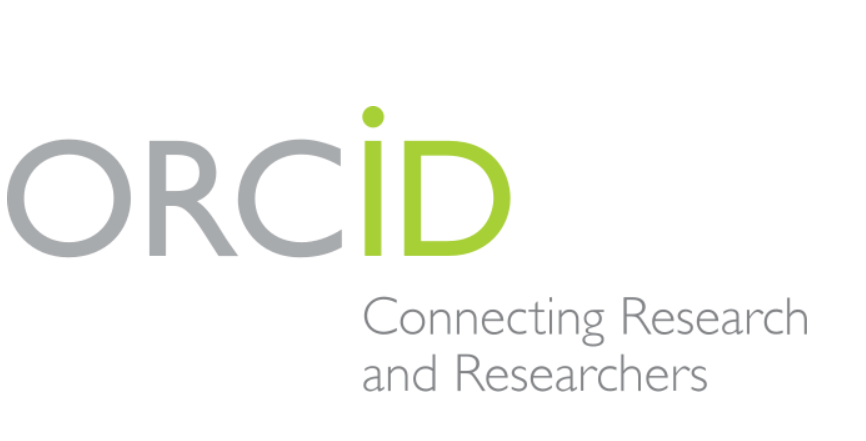THE INTERNET AS A GUIDING FACTOR IN HUMAN SOCIAL RELATIONS
DOI:
https://doi.org/10.71248/jaja2d20Keywords:
Technology, Internet, Human social relationsAbstract
The research sought to analyze technological advancements, particularly the role of the internet as a psychosocial factor that intensely influences contemporary society and guides human relationships. Although it is an innovative resource, capable of facilitating access to information, services, leisure, and products, and promoting rapid globalization, its excessive use also entails underemphasized negative aspects. Notable among these are social isolation, digital dependence, and the development of pathologies resulting from the inappropriate use of communication tools. The study was conducted through qualitative bibliographic and field research, involving 10 volunteer participants, men and women between the ages of 18 and 30. Data collection involved a standardized questionnaire consisting of 10 items related to technology use. The results showed that young people who remain online for long periods experienced difficulty concentrating, memory lapses, sleep disturbances, and mood swings. These findings confirm the hypothesis that young people are more vulnerable to developing digital dependence and other psychological and social implications when they use the internet indiscriminately. It is concluded that, although the internet is an essential and transformative tool in contemporary life, its unlimited use can cause serious harm to mental health and human relationships, making it urgent to raise awareness about healthy and balanced usage practices.
References
AYRES, J. R. Norma e formação: horizontes filosóficos para as práticas de avaliação no contexto da promoção da saúde. Interface – Comunicação, Saúde, Educação, Botucatu, v. 5, n. 9, p. 107-120, 2001.
Disponível em: <https://pesquisa.bvsalud.org/brasil/resource/pt/lil-385059>. Acesso em: 1 nov. 2019.
CORRÊA, F. S. Um estudo qualitativo sobre as representações utilizadas por professores e alunos para significar o uso da internet. 2013. Dissertação (Mestrado em Psicologia) – Universidade de São Paulo, São Paulo, 2013. Disponível em:
<https://www.teses.usp.br/teses/disponiveis/59/59137/tde-08102013-162610/publico/ Fabiano_Correa_Mestrado.pdf>. Acesso em: 8 fev. 2020.
CORRÊA, H. T.; DIAS, D. R. Multiletramentos e usos das tecnologias digitais da informação e comunicação com alunos de cursos técnicos. Trabalho em Linguística Aplicada, Campinas, v. 55, n. 2, p. 241-262, maio 2016. Disponível em: <http://www.scielo.br/pdf/tla/v55n2/0103-1813-tla-55-02-00241.pdf>. Acesso em: 10 fev. 2020.
DERTOUZOS, M. O que será: como o novo mundo da informação transformará nossas vidas. São Paulo: Companhia das Letras, 1997.
GALLI, F. C. Linguagem da internet: um meio de comunicação global. Revista Comunicação e Sociedade, São Bernardo do Campo, jan. 2004. Disponível em:
<https://www.researchgate.net/profile/Fernanda_Galli/publication/242249190_LINGUAGEM_DA_INTERNET_um_meio_de_comunicacao_global/links/552290560cf29dcabb0d79ee/LINGUAGEM-DA-INTERNET-um-meio-de-comunicacao-global.pdf>. Acesso em: 16 jan. 2020.
JORNAL APROFEM. Os jovens e a internet. Jornal Aprofem, São Paulo, p. 2, 2019.
MATOSSO, R. Tecnologia X sedentarismo. 2010. Disponível em: <https://saladatextual.wordpress.com/2010/04/04/tecnologia-x-sedentarismo/>. Acesso em: 9 fev. 2020.
MOROMIZATO, M. S.; FERREIRA, D. B.; SOUZA, L. S.; LEITE, R. F.; MACEDO, F. N.; PIMENTEL, D. O uso de internet e redes sociais e a relação com indícios de ansiedade e depressão em estudantes de medicina. Revista Brasileira de Educação Médica, v. 41, n. 4, p. 497-504, 2017.
PAIVA, N. N.; COSTA, J. S. A influência da tecnologia na infância: desenvolvimento ou ameaça? 2015. Disponível em: <https://www.psicologia.pt/artigos/textos/A0839.pdf>. Acesso em: 5 fev. 2020.
PORTOCARRERO, M. L. Afirmação originária e sabedoria prática na reflexão ética de Paul Riccoeur. Revista Études Ricoeuriennes / Ricoeur Studies, Pittsburgh, v. 2, n. 1, p. 93-109, 2011. Disponível em: <http://ricoeur.pitt.edu/ojs/index.php/ricoeur/article/view/99>. Acesso em: 1 nov. 2019.
SILVA, T. O.; SILVA, L. G. Os impactos sociais, cognitivos e afetivos sobre a geração de adolescentes conectados às tecnologias digitais. Revista Psicopedagogia, v. 34, n. 105, p. 87-97, 2017.
SOARES, D. A Globalização numa perspectiva sociocibernética, In: Revista Contracampo, Niterói, n. 1, 1997. Disponível em: <http://www.uff.br/mestcii/cc2.htm>. Acesso em: 10 fev. 2020.
TERROSO, L. B.; ARGIMON, I. I. L. Dependência de internet e habilidades sociais em adolescentes. Estudos e Pesquisas em Psicologia, Rio de Janeiro, v. 16, n. 1, p. 200-219, jul. 2016. Disponível em:
<http://pepsic.bvsalud.org/pdf/epp/v16n1/v16n1a12.pdf>. Acesso em: 10 maio 2022.
YOUNG, K. S.; ABREU, C. N. (org.). Dependência de internet: manual e guia de avaliação e tratamento. Porto Alegre: Artmed, 2011.
ZANELLA, A. V.; PRADO FILHO, K.; ABELLA, S. I. S. Relações sociais e poder em um contexto grupal: reflexões a partir de uma atividade específica. Estudos de Psicologia (Natal), v. 8, n. 1,
p. 85-91, 2003. Disponível em: <https://www.scielo.br/j/epsic/a/f8kyMskXJn8qbR9t8HxKp7t/?format=pdf&lang=pt>. Acesso em: 10 maio 2022.
Downloads
Published
Issue
Section
License
Copyright (c) 2025 Cognitus Interdisciplinary Journal

This work is licensed under a Creative Commons Attribution-NonCommercial-NoDerivatives 4.0 International License.











